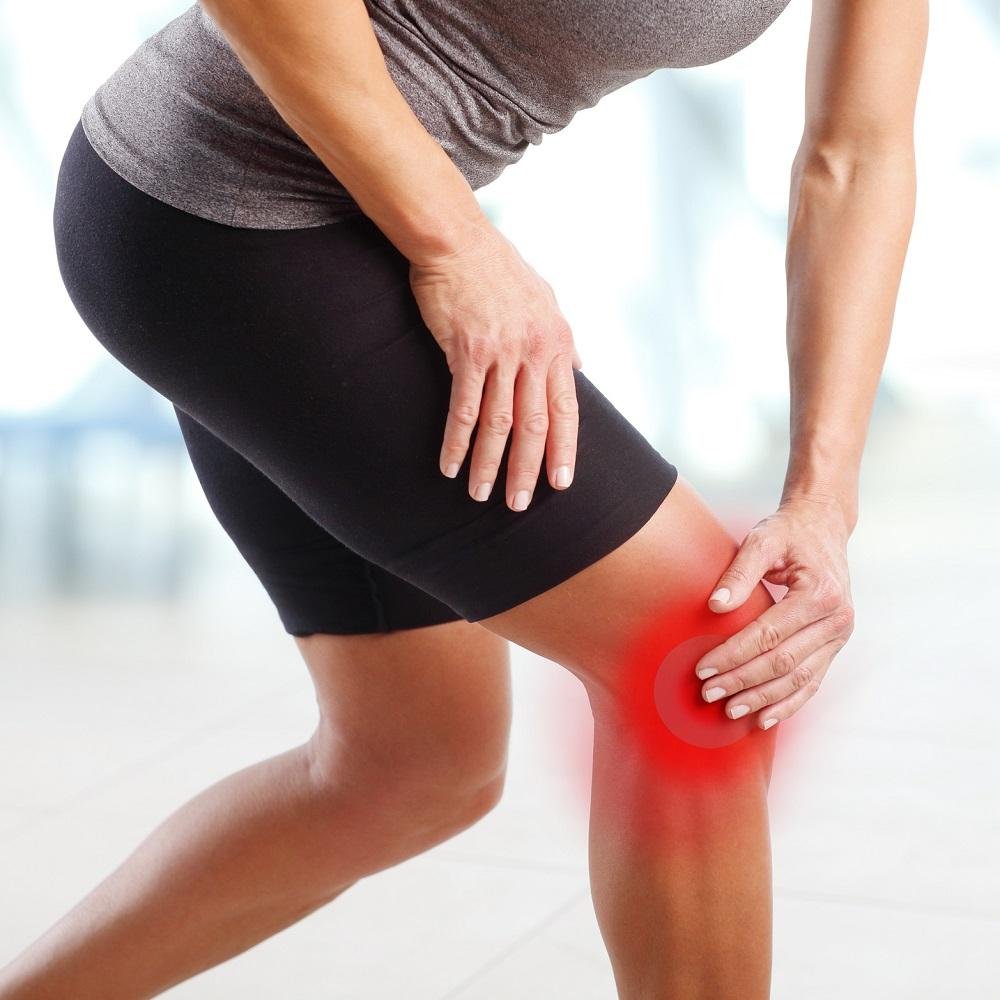Knee pain is a common complaint that affects people of all ages and backgrounds, often impacting daily movement and overall quality of life. Whether it stems from arthritis, injury, or overuse, finding the right medication can be a vital part of effective knee pain management. If you're considering options for reliable and advanced care, exploring professional knee pain treatment in Islamabad can provide lasting relief guided by expert diagnosis and tailored therapy plans.
Understanding the Causes Behind Knee Pain
Before choosing a medication, it’s essential to understand the cause of your knee discomfort. Common culprits include osteoarthritis, rheumatoid arthritis, ligament injuries, meniscus tears, gout, or bursitis. The origin of pain—whether inflammatory or mechanical—greatly influences which medications will work best. This is why professional evaluation is crucial to identify the source and choose appropriate treatment.
Over-the-Counter (OTC) Medications
OTC medications are often the first line of defense against mild to moderate knee pain. Nonsteroidal anti-inflammatory drugs (NSAIDs) like ibuprofen (Advil, Motrin) or naproxen (Aleve) are widely used to reduce inflammation and ease pain. Acetaminophen (Tylenol) may also help if inflammation is not the primary issue. These are accessible and generally safe for short-term use, though prolonged usage should be monitored by a healthcare provider due to potential side effects like gastrointestinal irritation or liver issues.
Prescription Medications for Persistent Knee Pain
If OTC drugs do not offer sufficient relief, doctors may recommend prescription-strength NSAIDs or other targeted medications. COX-2 inhibitors like celecoxib (Celebrex) provide powerful anti-inflammatory effects with fewer gastrointestinal side effects than traditional NSAIDs. In some cases, corticosteroids—either taken orally or injected directly into the joint—can offer temporary relief by reducing acute inflammation. However, repeated steroid injections can weaken joint tissues over time, so their use is typically limited.
Topical Treatments: A Localized Approach
For those who prefer not to take pills, topical medications can be a good alternative. Creams or gels containing diclofenac or capsaicin can be applied directly to the knee area, delivering relief without affecting the entire body. These are especially beneficial for people with sensitive stomachs or those at risk of systemic side effects from oral medications.
Supplements and Alternative Options
Some patients find relief using supplements such as glucosamine and chondroitin, which are believed to support joint health and slow cartilage breakdown. While scientific opinions vary on their effectiveness, many people report improvements in symptoms with regular use. Other alternative therapies, like turmeric capsules, omega-3 fatty acids, or collagen peptides, may also support joint function and reduce inflammation over time.
Biologic Medications for Chronic Inflammatory Conditions
For individuals with autoimmune disorders like rheumatoid arthritis, biologic medications such as adalimumab (Humira) or etanercept (Enbrel) may be prescribed. These medications target specific parts of the immune system to control inflammation at its source. Biologics are generally reserved for cases where traditional anti-inflammatory drugs are ineffective or inappropriate.
When to Seek Medical Help
While medication can provide substantial relief, it’s essential to consult a healthcare professional if knee pain persists for more than a few weeks, worsens over time, or is accompanied by swelling, locking, or instability. Personalized medical care ensures that the underlying cause is treated and not just the symptoms, preventing long-term joint damage and disability.
Integrated Treatment Plans
Medications often form just one part of a broader knee pain management strategy. Physical therapy, weight management, supportive devices like braces, and even minimally invasive procedures may all contribute to better outcomes. Combining pharmaceutical treatment with these interventions can enhance overall effectiveness and provide a more sustainable solution to knee discomfort.
For those seeking trusted and advanced care options, the team at Royal Cosmetic Surgery PK offers personalized and innovative approaches to pain management. From accurate diagnosis to customized knee pain solutions, their multidisciplinary expertise ensures that you receive comprehensive care tailored to your needs. Explore their expert services by visiting their homepage.





